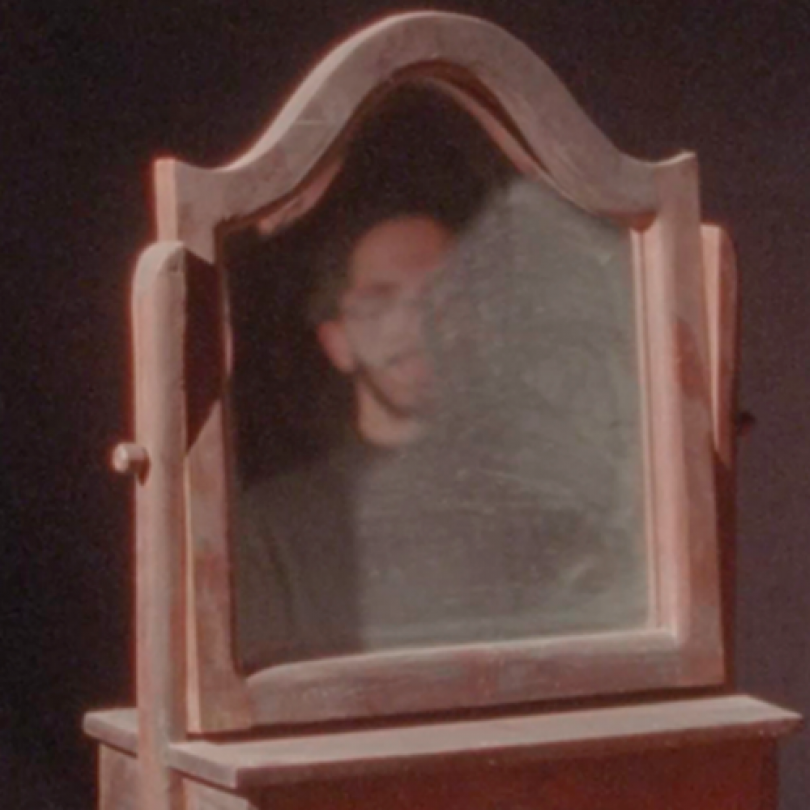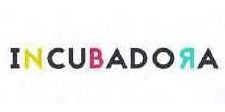
Broken R
Masterschool
Information
Ricardo was born with Treacher Collins Syndrome, inherited by his father who is also called Ricardo. Both have many things in common, but their relationship is distant and cold.
Ricardo, our protagonist, developed an inability to correctly pronounce the letter R and therefore his name. This caused a deep feeling of uncertainty to find his voice that lasted years. After undergoing speech therapy Ricardo feels a strong craving to document his process, so he decides to make this film and little by little to determine what it means for him to find his own voice, all through the cinematographic device.
In this way “The broken R” is presented as a documentary essay where gradually the concept of voice is intertwined with that of identity.
Contact
incuproyet@gmail.com | +34 627 897 639
Project Type
FilmMasterschool
Project Description
The last week of November 2018 in Quito, I was leaving for the last time the office where I took language therapy for four months. Together with my therapist we went down the stairs of the office while I told her about the movies I would make narrating with my own voice that I had hidden for years because I couldn't pronounce the letter R. Later, when I got home, the idea of starting a movie about this process went through my mind and body. I would start a personal film about someone who learns to speak, and he does it through cinema.
Thus, the concept of voice was gaining more and more strength, as well as the need to approach it from a personal path of self-definition. I sensed that the story I wanted to tell would take the form of an experimental essay where it would allow myself to play with different film formats such as casual animation and 16mm analogue film, also low-res digital home video and VHS family footage. In the form of a collage and with my voice-over playing, these images are spun with reflections on topics such as identity construction, disability, sexuality, and the social, family, and
political environment. Just as I search for my voice, the film searches for its own.
While I was in the process of creating the film I began to realize that I had to face the difficulties that for years I had feared to challenge, now I had to raise my voice and begin to recognize myself as an individual in search of his identity. At birth, the doctors who assisted my mother told my parents the news that I had inherited the same syndrome that my father has, Treacher Collins syndrome, a congenital anomaly that affects the formation of the bones of the skull, auditory canals and facial muscle configuration. So my father and I were born with a condition that very few people suffer from, that is very rarely inherited, and we learned to live by undergoing
facial reconstructive surgeries and using hearing aids for life to hear our surroundings. My father was born with this syndrome with higher degrees than mine, so he had to undergo more operations on his face. However at a certain point in his adolescence he gave up on these processes. I, by contrast, have continued with these surgical processes from my childhood until I was almost 30.
This syndrome was the cause of my hearing disability, which has generated dyslalia in the letter R. Reproducing the vibrating sound of the R was a very complicated task.
Pronouncing my own name caused me a lot of discomfort for years. Another issue that outlined a feeling of not-belonging, especially in my childhood, was my sexual orientation, which has also decisively shaped who I am. In an oppressive and
conservative society and family environment, talking about dissident sexual identities has been a taboo and rejected outright for ideological and religious reasons.
Framed by these themes, The Broken R has become a confessional process of relief in an environment in which silence prevails. My voice-over reflects, questions, denounces and confronts these issues that are dissolved on a daily basis by the weight of everyday life. Therefore, over images of one of my surgeries mixed with animation, or my family and I sitting at the table eating, or on the patio of my parents' house harvesting avocados juxtaposed with VHS footage of their wedding, my voice-over expresses thoughts that are difficult to say out loud, thoughts I would like to give voice to in relation to these images.
What did you feel when the doctors gave you that news at my birth? How did you deal with surgeries when I was little? I stare with my camera at my mother as she gardens, as I think about asking her these questions. I wonder what her answers
will be. Would you be uncomfortable if I asked you them?
That same day my father is driving me around the streets of Quito. I look at him but don't talk. What was your childhood like? Why did you decide to stop surgical procedures? How do you feel now, are you happy? So much that I would like to
know about him, but we barely talk.
The process of making this documentary little by little brings to the surface the necessary strength and determination to stop these issues from weighing on me, to begin to bring my voice out and finally be able to ask these questions that are
necessary in what I consider to be part of the configuration of my identity both as an individual and a filmmaker, the same determination with which one begins to make a film.
Project Status
In Development
Scripted/Unscripted/Hosted/Animation
Unscripted
Genre
Diversity
Production Year
2024
Platforms
StreamingTheatrical
Release
02/2025
Length
75 min
Link (IMDb)
Further Information
Executive Producer
Soledad Santelices
Director
Ricardo Ruales
Author
Ricardo Ruales
